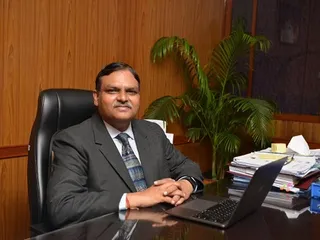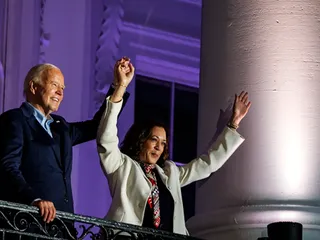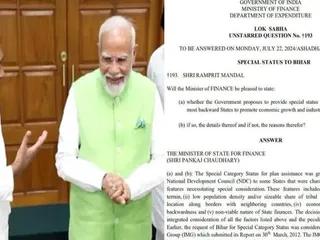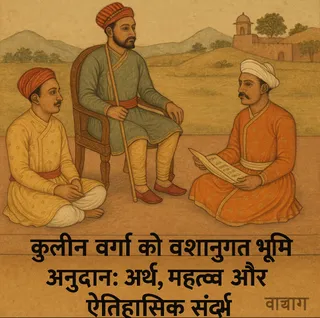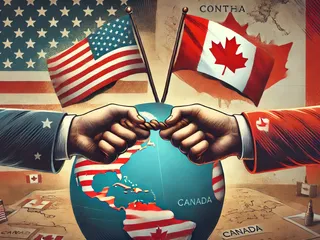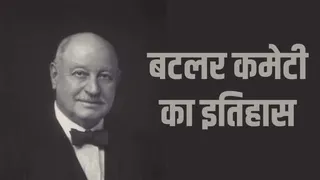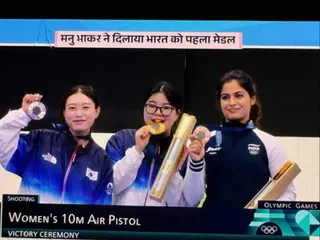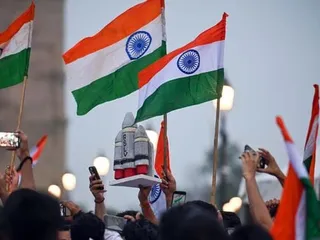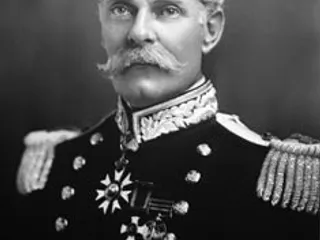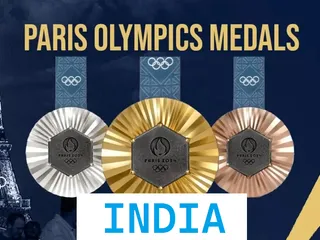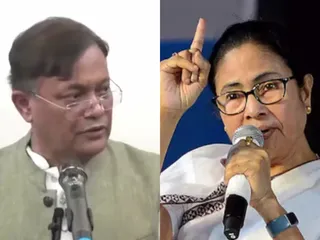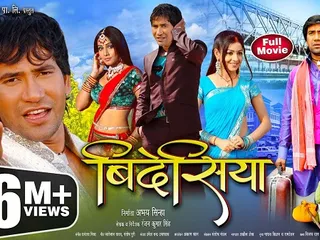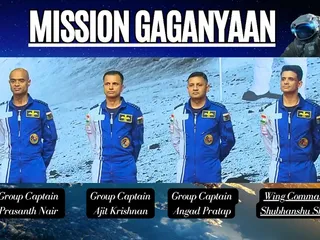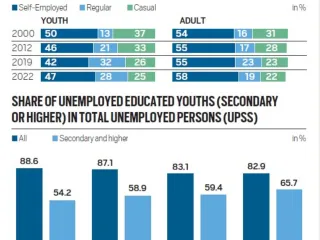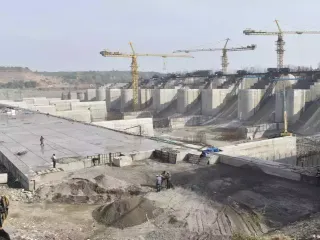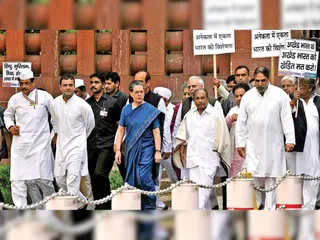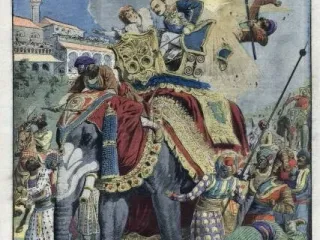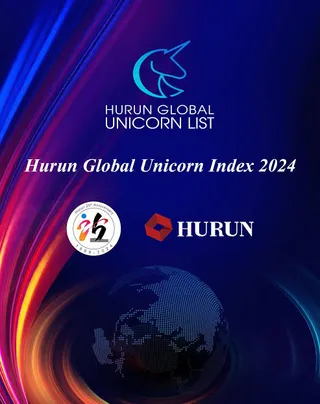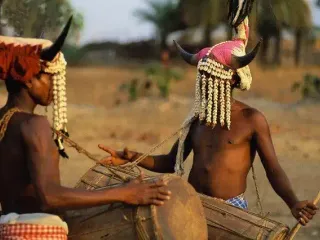Foreign travelers have played a crucial role in documenting and shaping our understanding of India's rich and diverse history. Their accounts, often written with a blend of fascination and objectivity (though sometimes with biases reflecting their own cultural perspectives), offer invaluable insights into various aspects of Indian life – social structures, political systems, religious practices, economic activities, and artistic expressions across different historical periods.
| Traveler | Period | Nationality/Origin | Key Observations/Contributions |
|---|---|---|---|
| Megasthenes | 4th Century BCE | Greek | Served as ambassador to the Mauryan court of Chandragupta Maurya. His *Indica* provides insights into Mauryan administration, social structure, and military organization. Though much of *Indica* is lost, fragments reveal a sophisticated and organized empire. |
| Xuanzang (Hsuan Tsang) | 7th Century CE | Chinese | Buddhist monk who traveled extensively across India for 17 years. His detailed accounts in *The Great Tang Records on the Western Regions* describe the flourishing of Buddhism, monastic life, and various aspects of Indian society during the Gupta Empire. His work is a vital source for understanding Buddhism's spread and the socio-political climate of the time. |
| Al-Biruni | 11th Century CE | Persian | Scholar and polymath who lived in India for several years during the Ghaznavid rule. His *Kitab al-Hind* is a comprehensive study of Indian geography, astronomy, mathematics, religion, and social customs, demonstrating a remarkable understanding and respect for Indian knowledge systems. |
| Ibn Battuta | 14th Century CE | Moroccan | Renowned traveler whose *Rihla* includes detailed descriptions of his travels through the Delhi Sultanate. His observations offer insights into the political landscape, social life, trade routes, and religious practices prevalent in medieval India. |
| Marco Polo | 13th Century CE | Italian | Though his account of India is relatively brief compared to his descriptions of other regions, his *Travels* offers glimpses into the trade networks and cultural exchanges between India and the rest of the world during the Delhi Sultanate. |
These are just a few examples of the many foreign travelers who have left their mark on our understanding of Indian history. Their accounts, while sometimes colored by their own perspectives and biases, remain indispensable primary sources that enrich our knowledge of India's past.



